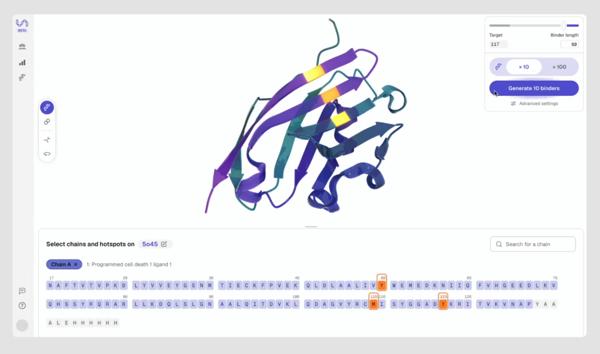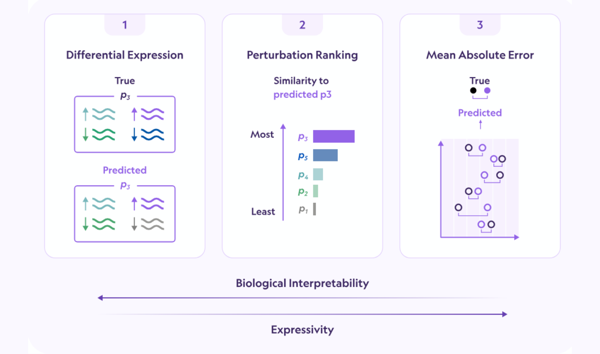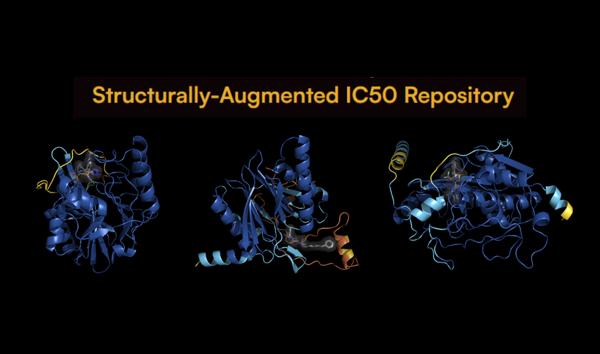
Roman Kasianov
Biotech business developer with a foundation in psychology and PR. Facilitating collaborations, connecting innovation with effective communication in publishing and analytics.
Author in
AI & Digital
Bioeconomy & Society
Startups & Deals
NeuroTech
Clinical Trials
Biotech
Manufacturing & Pharma 4.0
Tools & Methods
HealthTech
Aging & Longevity
Contract Research
Novel Therapeutics
Marketing & E-commerce









